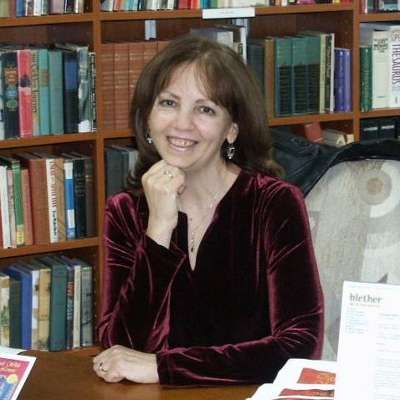“Love, love, love… that is the soul of genius,” said Wolfgang Amadeus Mozart. In no other work does he demonstrate this affirmation more compellingly than in his beloved opera, Die Zauberflöte. Not only love but enchantment, mystical spiritualism and mythic magic abound in this masterpiece, now one of the ten most often produced operas in the world. Seattle Opera’s colorful, phantasmagorical production, with costumes designed by Dame Zandra Rhodes and sets by Robert Dahlstrom, remains one of the most vibrant renderings of this endlessly engaging work.
Rhodes dares to be outrageously colorful, even Daliesque, in her star-studded, boldly exotic award-winning costumes. Yet there is much of the practical in her creations. “Even if he falls over,” she says of one of the feathered characters, “the costume doesn’t die. It’s been built like a suit of armor so that they can project to the audience.”
All of the main cast members, supported by a cadre of strong singers in the smaller roles, were splendid. Former SO Young Artist Andrew Stenson, already a veteran of such SO productions as The Daughter of the Regiment and Orphée, brought a sweet presence to the role of Tamino. His commitment projected Tamino's principled resolve winningly, both vocally and in his characterization. Lauren Snouffer proved the ideal Pamina: crystal clear voice, consistent from top to bottom and completely at ease, even fearless, in the high notes. Dramatically she was a perfect match for Stenson.
John Moore demonstrated his ability to be equally comfortable as the lovable Papageno as he was in his Seattle debut role of Count Almaviva in The Marriage of Figaro. His voice was vigorous, and his uninhibited characterization was engaging. Amanda Opuszynski sparkled as Moore’s feminine fantasy partner, Papagena. Her ringing tones balanced Moore’s robust sound, and their chemistry together was indeed magical.
As evil as Papageno’s character is beloved, the Queen of the Night must project a Cruella de Vil kind of villainy while maintaining a convincing vocal presence up into the stratosphere. Christina Poulitsi, in her SO debut, made a stunning impression in both respects. Her voice was powerful and solid in every range, and her high notes brought cheers from the audience. Ante Jerkunica made a notable debut as Sarastro. It is rare to hear such uniformity in range of this role. Jerkunica reached into the depths for the character’s iconic low notes without sounding forced or woolly, but there also was true beauty in every phrase he sang throughout the range.
Debuting tenor Rodell Rosel sounded appropriately gruff and convincingly diabolical in the smaller yet pivotal role of the Queen of the Night’s evil counterpart Monostatos, and showed great comic flair. Also debuting were Jacqueline Piccolino, Nian Wang and Jenni Bank as the First, Second and Third Ladies, respectively. Together and individually, their voices left nothing to be desired. Johanna Mergener, Emili Rice and Isabel Woods imparted boyish charm to the roles of the Three Spirits.
This production marked director Chris Alexander's fifth with the company. In his rendering, the young lovers at the heart of the opera came across as passionately committed to the nobility of purpose defined in Emanuel Schikaneder’s libretto. Alexander sprinkled in many delightful touches to play up the contrast between the amusing and the serious aspects of the story and its characters. Robert Dahlstrom’s sets and Duane Schuler’s lighting were eye-catching, though a bit overloaded with Egyptian references, notwithstanding the specifics of the libretto.
British conductor Julia Jones gave an impressive debut. It is always refreshing to see a woman on the podium, whether in a contemporary opera or an iconic one such as Magic Flute. Her lively tempi in the overture set the tone for a spirited rendering, and her gestures were magnanimous and graceful. Some of the ensembles sounded more than a bit rushed, but she adroitly reined in the galloping offstage chorus in Act 2.
This translation of the text took a number of liberties, using the18th century Enlightenment beliefs in the tenets of truth, wisdom and harmony, to comment on the current political situation in the U.S. by interpolating popular phrases such as “alternative facts” into the story. The lively audience roared their approval. One could imagine similar uproarious reactions, though perhaps for different reasons, from the working class audiences at the Freihaus-Theater auf der Wieden at the time of the opera’s original debut performances.
Mozart would have loved it.




